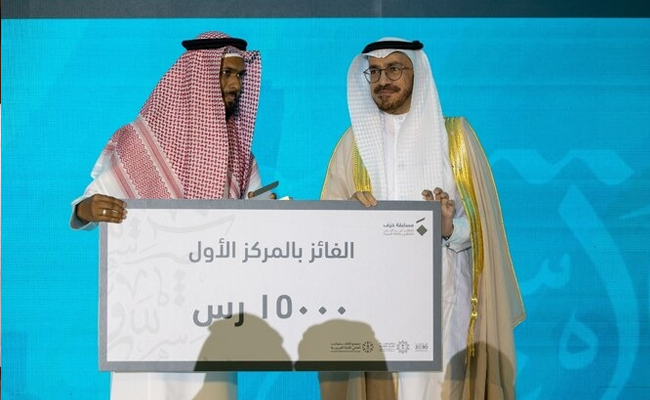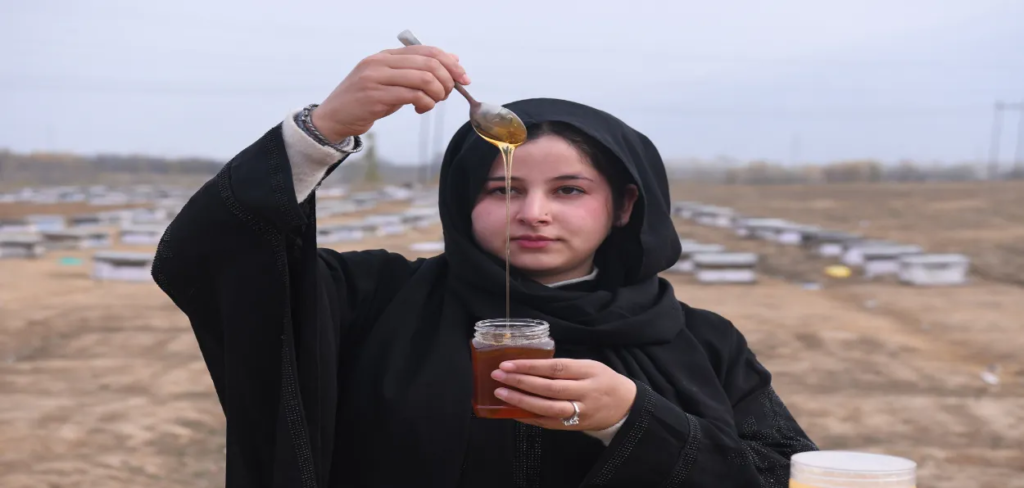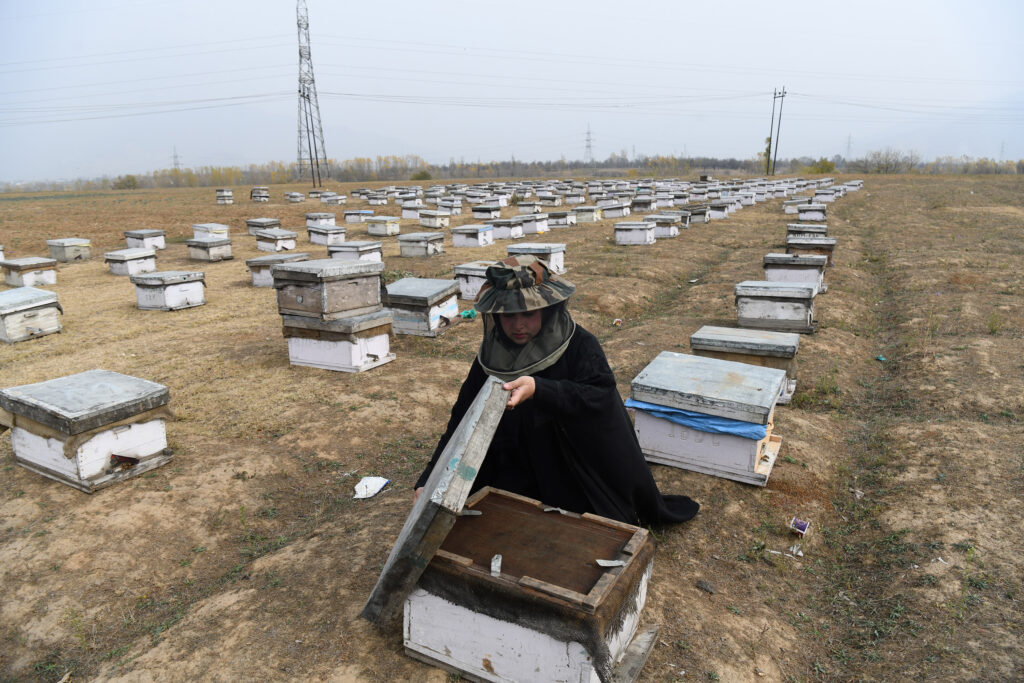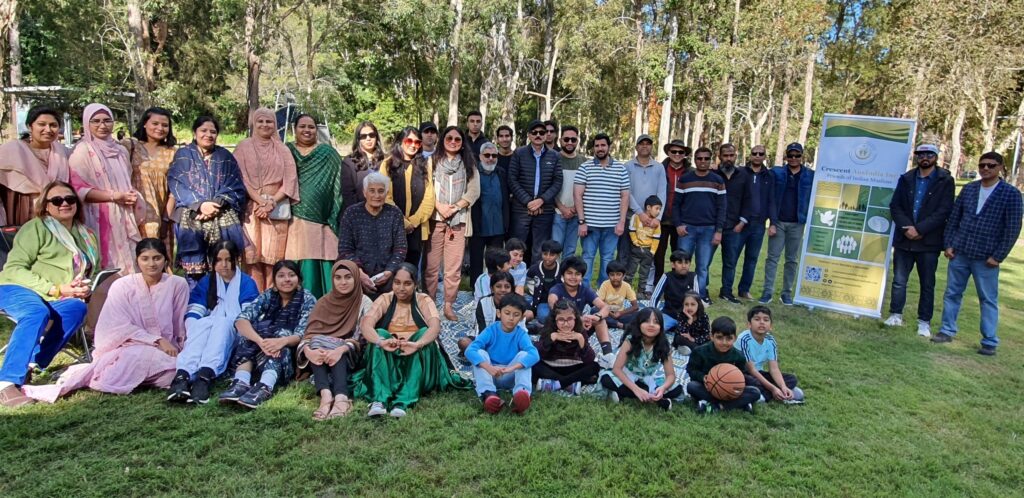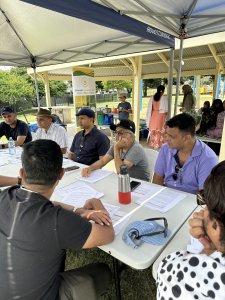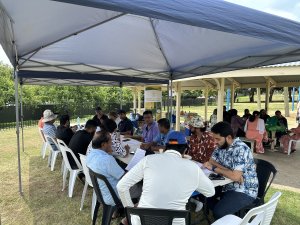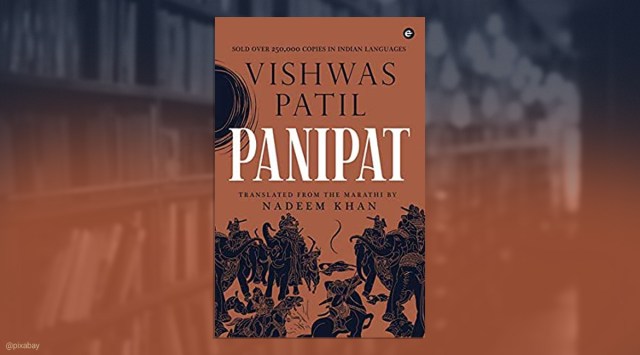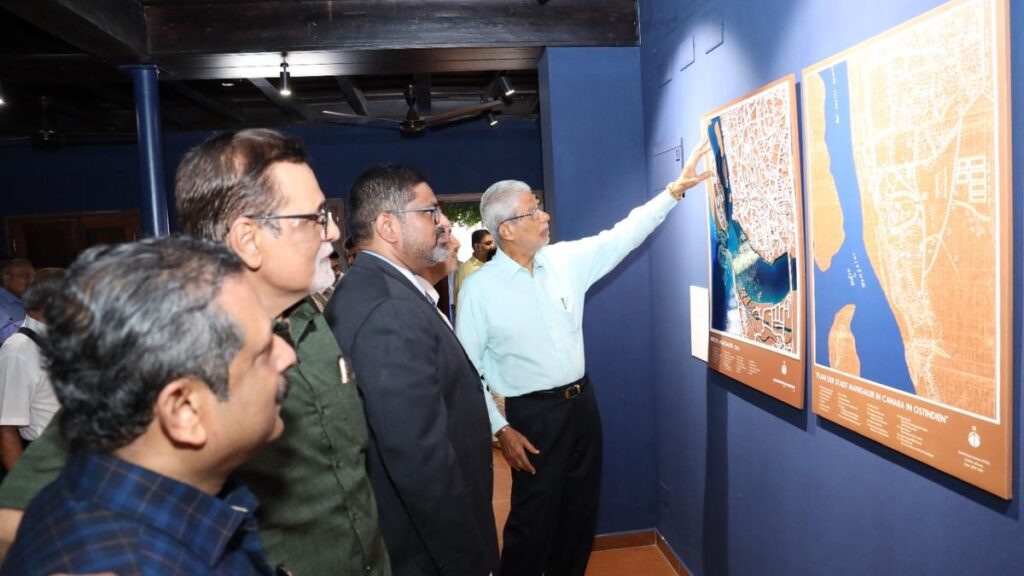Malegaon, MAHARASHTRA :
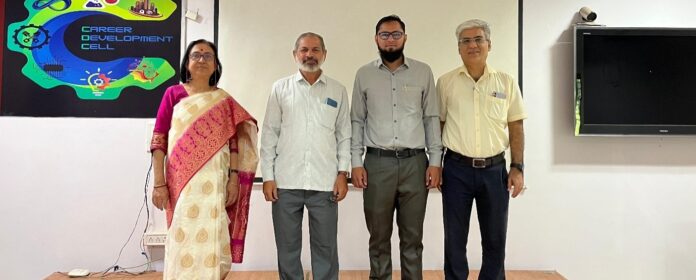
Dr. Aakif Anjum with his supervisor Dr. A.A. Shaikh
Malegaon:
In a city where the dreams of many are shaped by the resilience of its people, there is one story that stands out as a beacon of perseverance, intellect and boundless ambition. This is the story of Dr. Aakif Anjum Shaikh Usman, who, in 2024, made history by becoming the first person from Malegaon to earn a Ph.D. in Mechanical Engineering. His journey, from a small hamlet to the prestigious National Institute of Technology (NIT), Surat, is not just one of academic success, but of overcoming adversity, defying odds and inspiring future generations.
Growing up in Malegaon, Aakif was shaped by the values of education instilled by his late father, Shaikh Usman, a primary school teacher. His father’s influence was pivotal in cultivating Aakif’s deep passion for learning and academic excellence. “My father always believed that education was the key to a better future,” he recalls. “He taught me to never give up, no matter how difficult the journey.”
Aakif’s academic journey began at The Malegaon High School and Junior College, where he laid the groundwork for the challenges ahead. It was here that he first realised the importance of hard work and perseverance. After completing his schooling, Aakif pursued his Bachelor of Engineering (B.E.) degree in Mechanical Engineering at the PREC Engineering College in Loni, Maharashtra, where he graduated in 2016.
His thirst for knowledge and ambition propelled him to further his education, leading him to pursue a Master of Technology (M.Tech.) in Mechanical Engineering from the Government College of Engineering, Karad, Maharashtra, in 2018.
But Aakif’s aspirations did not stop there. He set his sights on a Ph.D. at the prestigious National Institute of Technology Surat (NIT Surat), a dream that seemed distant for a young man from Malegaon. In 2024, after years of dedication and hard work, Aakif achieved what many thought impossible — he earned his Ph.D. in Mechanical Engineering. He became a trailblazer for future generations in his city.
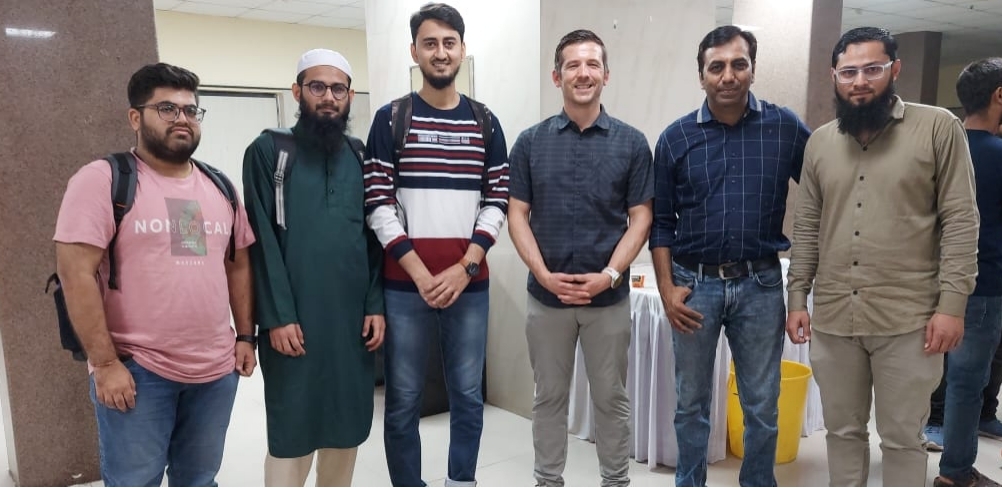
From right Dr. Aakif Anjum and his research team
Under the mentorship of Dr. A.A. Shaikh, head of the Mechanical Engineering department at NIT Surat, Aakif conducted groundbreaking research that spanned various facets of optics and laser technologies. His research resulted in 19 published papers in prominent international journals, including Elsevier, Optics and Laser Technology, Infrared Physics and Technology and the Journal of Engineering Research.
His work has earned him recognition on global platforms, with his discoveries being presented at two international conferences. Aakif is also the proud holder of a patent in laser technology, with another patent currently under review.
Aakif’s research was not just academic; it was also practical and impactful. His work was backed by two rounds of funding from Gujarat’s Student Startup and Innovation Policy (SSIP), an initiative designed to support young innovators. This recognition from the Gujarat government underscored the real-world applicability and inventiveness of his contributions to the field of mechanical engineering.
Further amplifying his global influence, Aakif has collaborated with esteemed institutions such as King Fahd University of Petroleum and Minerals in Saudi Arabia, Khalifa University in Dubai and Deakin University in Australia. These collaborations have solidified his place in the global scientific community, further highlighting Malegaon’s potential to contribute to cutting-edge research and technological advancements.
Dr. Aakif Anjum Shaikh Usman’s achievements are a testament to the power of education, perseverance and the importance of supporting one’s community. By becoming the first Ph.D. recipient in mechanical engineering from Malegaon, he has opened the doors to a future where the youth of Malegaon and beyond can dream big and aim high.
Aakif’s journey is a shining example of how dreams can be realised through dedication, hard work and the unshakeable belief in the transformative power of education.
As Malegaon celebrates the achievements of one of its own, Aakif’s story serves as a beacon of hope for countless aspiring engineers, scientists and innovators in his city and beyond. His journey, from a small hamlet to the hallowed halls of NIT Surat, is a reminder that with determination, no goal is too distant and no dream too big.
source: http://www.twocircles.net / TwoCircles.net / Home> Indian Muslim / by SN Ansari, TwoCircles.net / November 19th, 2024
